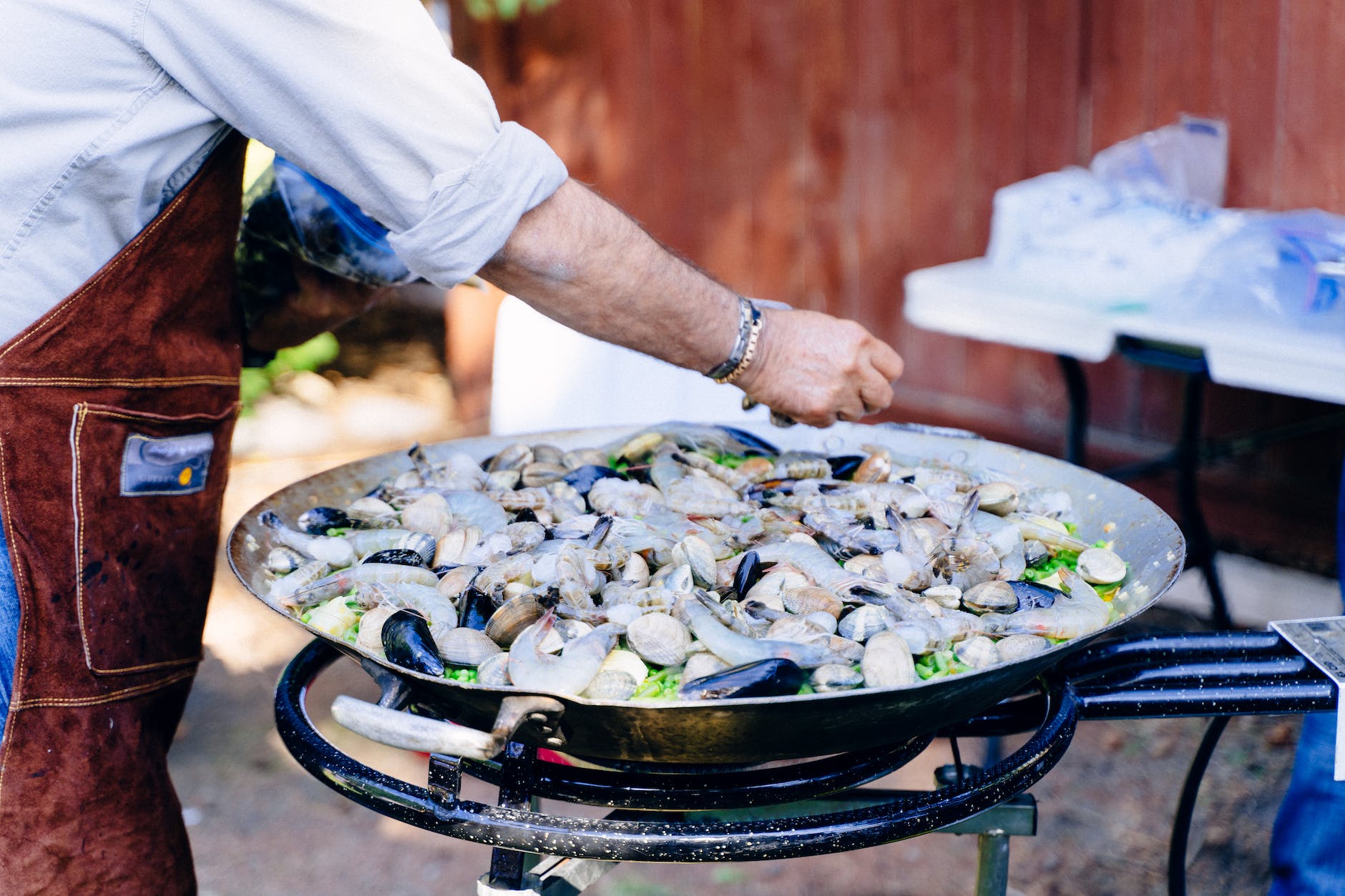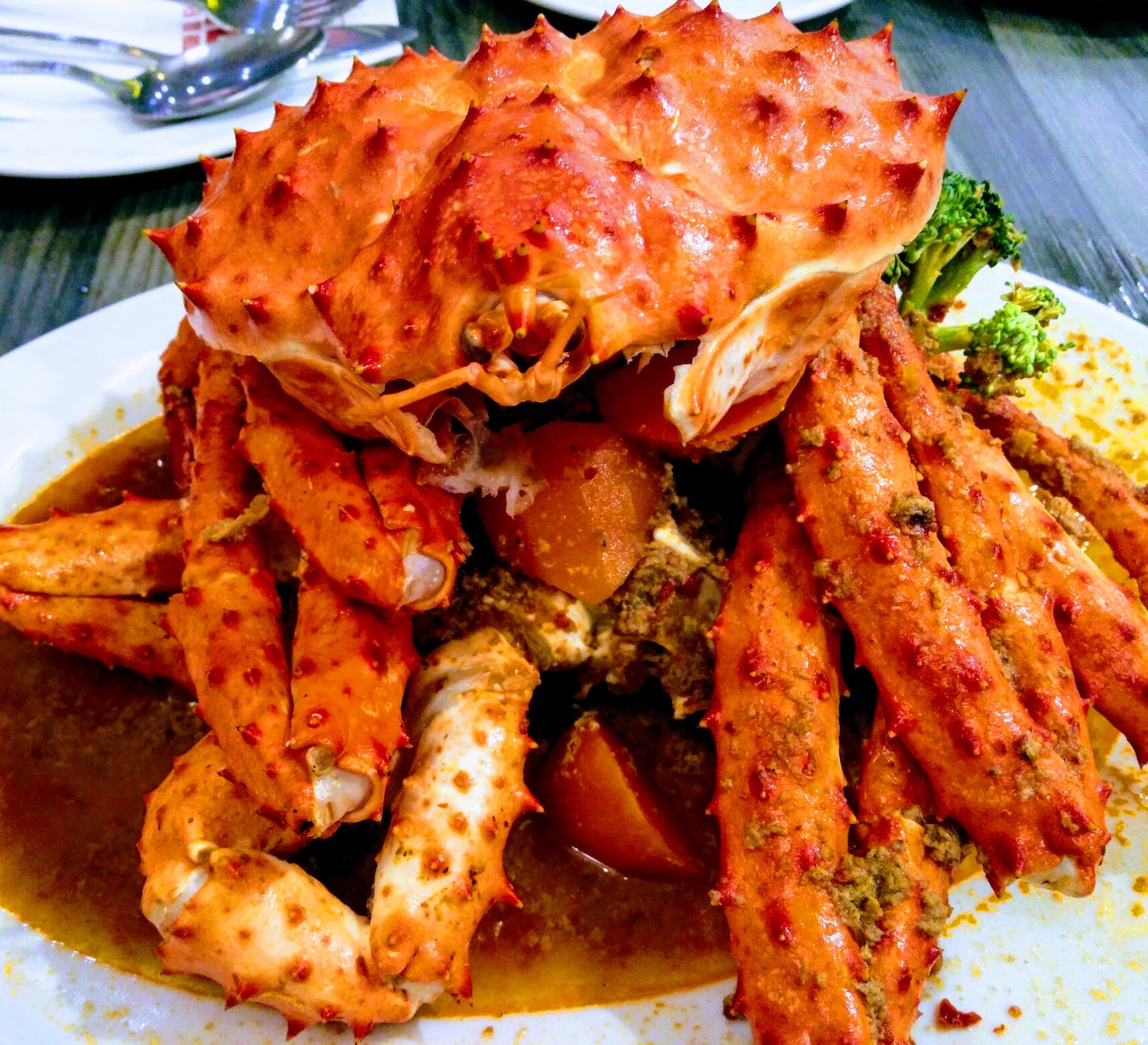
Oysters, often hailed as the jewels of the sea, are a cherished delicacy for many seafood aficionados. Their unique taste and texture make them a gourmet delight. However, when it comes to pregnancy, many women are left pondering the safety and nutritional aspects of consuming oysters. In this comprehensive guide, we’ll delve into the world of oysters during pregnancy, addressing the benefits, and potential risks, and offering guidelines for safe consumption.
The Nutritional Benefits of Oysters
Oysters aren’t just a culinary treat; they’re a nutritional powerhouse, especially beneficial during the critical phase of pregnancy:
- Zinc Zenith: Oysters are renowned for their exceptionally high zinc content, which is vital for immune function, DNA synthesis, and cell division.
- Protein Punch: Like crab, oysters offer a good dose of lean protein, supporting fetal tissue development and maternal health.
- Vitamin Bounty: Oysters are a commendable source of vitamins, particularly B12, which is essential for nerve function and red blood cell formation.
- Omega-3 Fatty Acids: Oysters, like other seafood, provide valuable omega-3s, crucial for fetal brain and eye development.
Potential Concerns: Treading with Caution
- Raw Risks: Raw oysters can harbor harmful bacteria, particularly Vibrio vulnificus, which can be especially dangerous during pregnancy.
- Environmental Contaminants: Oysters, being filter feeders, can sometimes accumulate toxins from polluted waters. It’s essential to source them from reputable suppliers.
Guidelines for Consuming Oysters Safely
- Cooking is Key: If you’re craving oysters during pregnancy, ensure they’re thoroughly cooked. Cooking eliminates potential pathogens, making them safer for consumption.
- Raw Isn’t Right: Given the risks associated with raw oysters, it’s best to avoid them during pregnancy. This means setting aside dishes like oysters Rockefeller or raw oyster platters.
- Freshness First: Always opt for fresh or properly frozen oysters. If they emit an off or sour odor, it’s a sign that they’re not fresh.
Crab Legs and Pregnancy
Crab legs, with their succulent meat, are a favorite for many. During pregnancy, crab legs can be safely consumed, provided they’re well-cooked. They offer a similar nutritional profile to crab meat, making them a beneficial addition to a pregnancy diet. For a detailed exploration, check out our guide on crabs and pregnancy.
Seafood and Pregnancy
Learn more about details of your seafood and pregnancy.
- Crab: A favorite for many, crab offers a delightful taste coupled with a rich nutritional profile. From crab legs to crab meat, this seafood is a beneficial addition to a pregnancy diet when consumed wisely. Dive deeper into our guide on crab and pregnancy.
- Oysters: These jewels of the sea are not just a gourmet’s delight but also a nutritional powerhouse. However, there are specific guidelines to follow when considering oysters during pregnancy, especially concerning raw preparations. Explore our detailed guide on oysters and pregnancy above.
- Salmon: This fatty fish is renowned for its omega-3 content, essential for fetal brain development. When sourced responsibly and prepared correctly, salmon can be a nutritious addition to a pregnancy diet. Learn more in our salmon and pregnancy guide.
- Shrimp: Another seafood favorite, shrimp, when cooked thoroughly, can be safely enjoyed during pregnancy. Dive into our comprehensive guide on shrimp and pregnancy.
- Lobster: This luxurious seafood offers a unique taste and a host of nutritional benefits. However, it’s essential to ensure it’s well-cooked during pregnancy. Discover more in our lobster and pregnancy guide.
Frequently Asked Questions (FAQs) about Oysters and Pregnancy
Q: Can I eat raw oysters during pregnancy?
A: It’s recommended to avoid raw oysters during pregnancy due to the risk of bacterial contamination, especially from pathogens like Vibrio vulnificus. Cooked oysters are a safer choice.
Q: How should oysters be prepared to ensure safety during pregnancy?
A: Oysters should be cooked until their meat becomes opaque and firm. This ensures the elimination of potential harmful bacteria and makes them safe for consumption.
Q: Are there nutritional benefits to eating oysters during pregnancy?
A: Absolutely! Oysters are rich in zinc, which is vital for immune function and cell division. They also provide lean protein, vitamin B12, and omega-3 fatty acids, all beneficial during pregnancy.
Q: I’ve heard oysters can be high in contaminants. Is this true?
A: Oysters, being filter feeders, can sometimes accumulate toxins if sourced from polluted waters. It’s essential to buy oysters from reputable suppliers and areas known for clean waters.
Q: Can I eat oyster dishes like oysters Rockefeller during pregnancy?
A: As long as the oysters in the dish are thoroughly cooked, dishes like oysters Rockefeller can be enjoyed. However, avoid any preparations that use raw or undercooked oysters.
Q: How often can I eat oysters during pregnancy?
A: Given their nutritional benefits, oysters can be enjoyed 1-2 times a week when cooked properly. However, always ensure they are fresh and sourced from trusted suppliers.
Q: Are there any allergic concerns with oysters?
A: Yes, some individuals might be allergic to shellfish, including oysters. If you have a known shellfish allergy, it’s best to avoid oysters during pregnancy.
Q: Can I eat smoked oysters during pregnancy?
A: Smoked oysters might not be cooked to a temperature high enough to kill harmful bacteria. It’s safer to opt for thoroughly cooked oyster preparations during pregnancy.
Q: Are canned oysters safe during pregnancy?
A: Canned oysters are typically cooked as part of the canning process, making them safer. However, always check the label and ensure they are fully cooked.
Q: How do oysters compare to other seafood options during pregnancy?
A: Oysters, like other seafood such as crab, shrimp, and salmon, offer unique nutritional benefits. When consumed wisely, they can be part of a balanced pregnancy diet.
In Conclusion
Oysters, with their unique taste and impressive nutrient profile, can be a part of a pregnancy diet when consumed wisely. By staying informed, making judicious choices, and savoring the flavors of various seafood, expectant mothers can ensure the best for their baby’s growth and development.
Blog Tags:
Oysters and Pregnancy, Seafood Safety, Nutritional Benefits of Oysters, Cooking Oysters Safely, Pregnancy Diet Recommendations, Raw Oysters and Pregnancy, Omega-3s in Oysters, Seafood Allergies, Fresh Seafood Selection, Oyster Dishes during Pregnancy, Seafood and Fetal Development.










